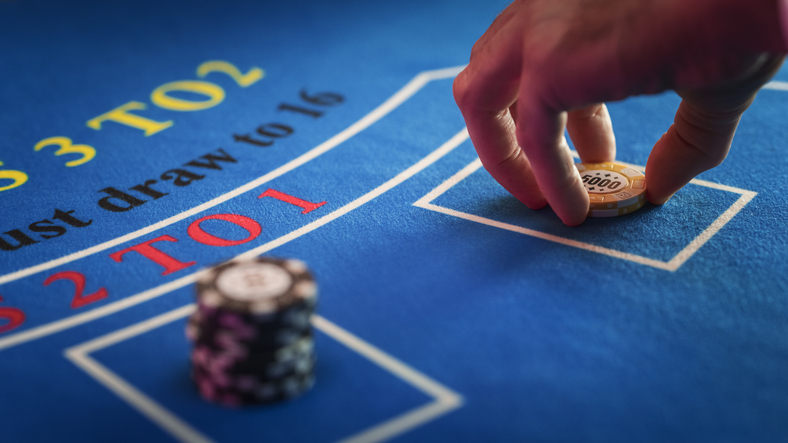- 3 Sep 2025

Baccarat has long been associated with luxury, glamour, and high-stakes action. But beneath its glitzy casino image lies a simple, elegant game of chance that anyone can enjoy. Whether you’re stepping into a grand casino or trying your hand at online Baccarat for the first time, understanding the rules of the game is key to making the experience enjoyable.
This guide will break down Baccarat’s rules and structure in a conversational, easy-to-follow manner, ensuring you’re ready to play with confidence.
Baccarat is a card game where players bet on one of three possible outcomes:
The goal is simple: predict which hand will have a total value closest to 9. Unlike games like Poker or Blackjack, you don’t play against other players or the house. Instead, your role is to bet on which hand will win.
Baccarat uses standard 52-card decks shuffled together. Here’s how card values are assigned:
The hand’s total value is calculated by adding the values of its cards and dropping the tens digit. For example:
The Baccarat table typically accommodates multiple players, but all you need to focus on are the three main betting options:
The third-card rule is often what confuses new players, but you don’t need to memorize it to enjoy the game. Dealers handle this process automatically. However, here’s how it works:
The Banker’s actions depend on their total and whether the Player drew a third card:
If either the Player or Banker has a total of 8 or 9 from the first two cards, the game ends immediately, and the higher hand wins.
This is considered the safest bet because the Banker hand statistically wins slightly more often than the Player hand. However, casinos typically take a 5% commission on Banker wins.
A Player bet is straightforward with no commission deducted. It has slightly lower odds than the Banker bet but is still a good choice.
The Tie bet offers the highest payout (usually 8:1 or 9:1), but it’s the riskiest option since ties are rare.
No, Baccarat is purely a game of chance. Players have no control over the cards dealt, as the results are determined by the game’s rules and the draw process.
The Banker bet has a slightly higher chance of winning due to the drawing rules. However, the 5% commission on Banker wins balances this advantage for the casino.
Baccarat is predominantly a game of luck. Unlike Poker or Blackjack, no strategy or decision-making by the player affects the outcome.
While you might win in the short term, the house edge ensures that the casino has a statistical advantage over time. Play responsibly and enjoy the game as entertainment.
Absolutely! Baccarat’s simple rules and straightforward betting options make it an excellent choice for newcomers to casino games.
Baccarat may seem intimidating at first, but once you understand its rules and structure, it’s one of the simplest and most enjoyable casino games. With no need for complex strategies or decision-making, you can sit back, place your bets, and let the cards decide your fate.
Whether you’re playing for fun or hoping to land a big win, Baccarat offers an elegant gaming experience that’s as exciting as it is accessible. So, step up to the table, and may the odds be ever in your favor!